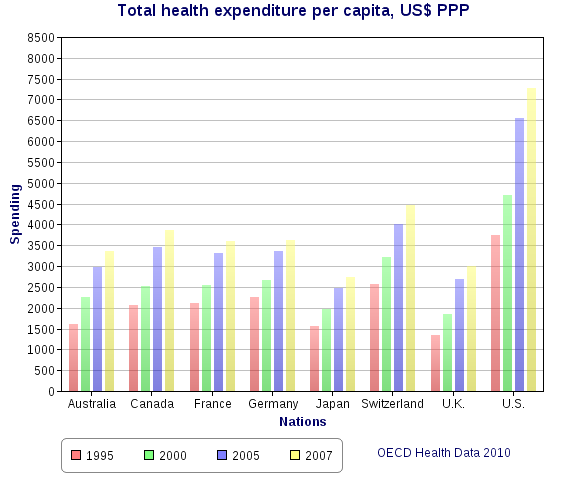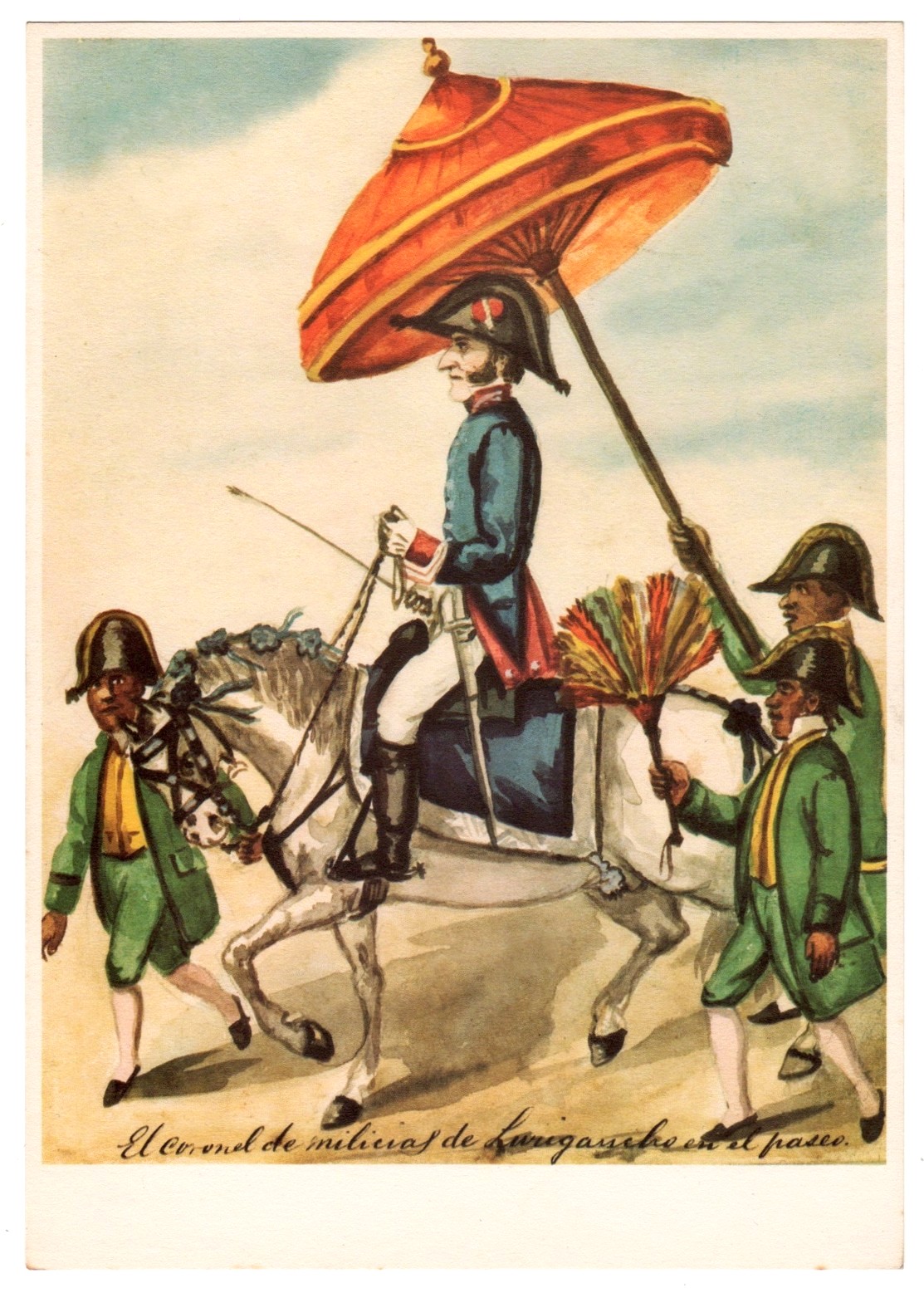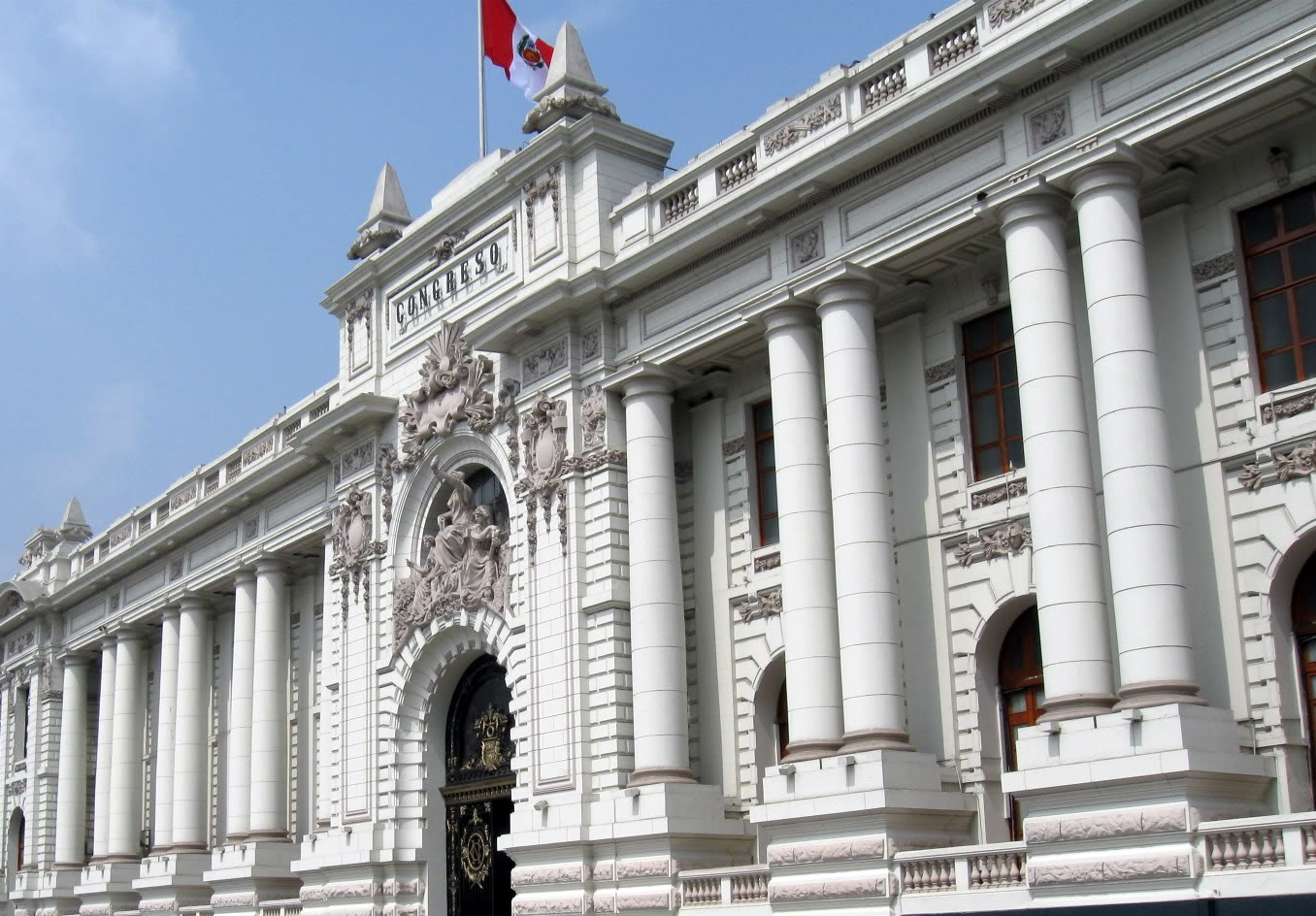|
Nuevo Peru
New Peru, for Democracy, Sovereignty, and Justice (Spanish: ''Nuevo Perú, por Democracia, Soberanía y Justicia'') is a left-wing Peruvian political party founded in 2017 as a splinter caucus of the Broad Front for the 2016–2019 Peruvian Congress. It has embraced socialism and some of the ideologies of José Carlos Mariátegui, a Peruvian Marxist. History The party was informally founded on 9 December 2017 in Metropolitan Lima. The current President is Verónika Mendoza and the current Secretary-General is Álvaro Campana. The spokesperson for New Peru is Edgar Ochoa. New Peru had 10 seats in the Congress of the Republic of Peru who separated from the Broad Front coalition upon its formation. The group was legally recognized in September 2017. The movement is in the process of being registered as a political party to formally participate in the 2021 general election. At the legislative elections held on 26 January 2020, the party ran allied with the Together for Peru ... [...More Info...] [...Related Items...] OR: [Wikipedia] [Google] [Baidu] |
Broad Front (Peru)
The Broad Front for Justice, Life and Liberty ( es, Frente Amplio por Justicia, Vida y Libertad),El Frente Amplio for Justicia, Vida y Libertad: datos generales ("general data"), ''Observatorio para la Gobernabilidad'' (in ) or simply Broad Front ( es, Frente Amplio), is a major of parties, political organizations, social movements and activist citizens of whose main objecti ... [...More Info...] [...Related Items...] OR: [Wikipedia] [Google] [Baidu] |
José Carlos Mariátegui
José Carlos Mariátegui La Chira (June 14, 1894 - April 16, 1930) was a Peruvian writer, journalist, politician and Marxist–Leninist philosopher. A prolific author despite his early death, El Amauta (from Quechua: hamawt'a, "teacher", a name by which he is also known in his country) is considered one of the greatest scholars of Latin American reality, being the synthesis of his thought the 7 essays of interpretation of the Peruvian reality (1928), a reference work for the intelligentsia of the continent. He was the founder of the Peruvian Socialist Party in 1928 (which, after his death, would be renamed the Peruvian Communist Party), a political force that, according to its founding act, would have Marxism-Leninism as its axial tool, and of the General Confederation of Workers of Peru, in 1929. For the sociologist and philosopher Michael Löwy, Mariátegui is "undoubtedly the most vigorous and original Marxist thinker that Latin America has ever known". Along the same l ... [...More Info...] [...Related Items...] OR: [Wikipedia] [Google] [Baidu] |
Universal Health Care
Universal health care (also called universal health coverage, universal coverage, or universal care) is a health care system in which all residents of a particular country or region are assured access to health care. It is generally organized around providing either all residents or only those who cannot afford on their own, with either health services or the means to acquire them, with the end goal of improving health outcomes. Universal healthcare does not imply coverage for all cases and for all people – only that all people have access to healthcare when and where needed without financial hardship. Some universal healthcare systems are government-funded, while others are based on a requirement that all citizens purchase private health insurance. Universal healthcare can be determined by three critical dimensions: who is covered, what services are covered, and how much of the cost is covered. It is described by the World Health Organization as a situation where citizens can ... [...More Info...] [...Related Items...] OR: [Wikipedia] [Google] [Baidu] |
Climate Change
In common usage, climate change describes global warming—the ongoing increase in global average temperature—and its effects on Earth's climate system. Climate change in a broader sense also includes previous long-term changes to Earth's climate. The current rise in global average temperature is more rapid than previous changes, and is primarily caused by humans burning fossil fuels. Fossil fuel use, deforestation, and some agricultural and industrial practices increase greenhouse gases, notably carbon dioxide and methane. Greenhouse gases absorb some of the heat that the Earth radiates after it warms from sunlight. Larger amounts of these gases trap more heat in Earth's lower atmosphere, causing global warming. Due to climate change, deserts are expanding, while heat waves and wildfires are becoming more common. Increased warming in the Arctic has contributed to melting permafrost, glacial retreat and sea ice loss. Higher temperatures are also causing m ... [...More Info...] [...Related Items...] OR: [Wikipedia] [Google] [Baidu] |
Afro-Peruvian
Black Peruvians or Afro-Peruvians are Peruvian of mostly or partially African descent. They mostly descend from enslaved Africans brought to Peru after the arrival of the conquistadors. Early history The first Africans arrived with the conquerors in 1521, mostly as slaves, and some returned with colonists to settle in 1525. Between 1529 and 1537, when Francisco Pizarro was granted permits to import 363 slaves to colonial Peru, a large group of Africans were imported to do labor for public construction, building bridges and road systems. They also fought alongside the conquistadors as soldiers and worked as personal servants and bodyguards. In 1533, Afro-Peruvian slaves accompanied Spaniards in the conquest of Cuzco. Two types of black slaves were forced to travel to Peru. Those born in Africa were commonly referred to as '' negros bozales'' ("untamed blacks"), which was also used in a derogatory sense. These slaves could have been directly shipped from west or southwest Africa ... [...More Info...] [...Related Items...] OR: [Wikipedia] [Google] [Baidu] |
Economic Diversity
Economic diversity or economic diversification refers to variations in the economic status or the use of a broad range of economic activities in a region or country. Diversification is used as a strategy to encourage positive economic growth and development. Research shows that more diversified economies are associated with higher levels of gross domestic product. Diversification types # Non-connected diversification - creating a new area. The process is slow, because it is needed to create a whole infrastructure, but the profit would be higher. # Connected diversification is based on an economical mechanism for expanding the available potential. For business development it means low risks and good margin. # Combined diversification - more frequently both methods are used together. Diversification examples in countries Good examples of national economy diversification are Chile, Malaysia and Brazil. See also *Diversification (finance) *Diversification (marketing strategy) *Comm ... [...More Info...] [...Related Items...] OR: [Wikipedia] [Google] [Baidu] |
Decentralization
Decentralization or decentralisation is the process by which the activities of an organization, particularly those regarding planning and decision making, are distributed or delegated away from a central, authoritative location or group. Concepts of decentralization have been applied to group dynamics and management science in private businesses and organizations, political science, law and public administration, economics, money and technology. History The word "''centralisation''" came into use in France in 1794 as the post-French Revolution, Revolution French Directory leadership created a new government structure. The word "''décentralisation''" came into usage in the 1820s. "Centralization" entered written English in the first third of the 1800s; mentions of decentralization also first appear during those years. In the mid-1800s Alexis de Tocqueville, Tocqueville would write that the French Revolution began with "a push towards decentralization...[but became,] in the e ... [...More Info...] [...Related Items...] OR: [Wikipedia] [Google] [Baidu] |
Yonhy Lescano
Yonhy Lescano Ancieta (born 15 February 1959) is a Peruvian lawyer and politician belonging to the Popular Action party. He was a Congressman between 2001 until the dissolution of the Congress by Martín Vizcarra in 2019. From 2009 to 2011, he served as the Popular Action party's national secretary-general. He was the Popular Action's presidential nominee in the 2021 general election and placed fifth in an atomized race of 18 nominees. Education From 1976 to 1980, Yonhy Lescano studied law at the Catholic University of Santa María in Arequipa. From 1984 to 2001, he worked as an independent lawyer in his own town in Puno. Additionally, he was a professor, lecturing law at the National University of the Altiplano (UNA) in Puno, from 1985 to 2001. Political career In the 2000 elections, he ran unsuccessfully for a seat in Congress under Luis Castañeda's National Solidarity. Congressman In the 2001 elections, he was elected as Congressman to represent the Puno Re ... [...More Info...] [...Related Items...] OR: [Wikipedia] [Google] [Baidu] |
Pedro Castillo
José Pedro Castillo Terrones (; born 19 October 1969) is a Peruvian politician, former elementary school teacher, and union leader who served as the president of Peru, President of Peru from 28 July 2021 to 7 December 2022. On 7 December 2022, he was impeached and removed from office by the Congress of Peru after 2022 Peruvian self-coup attempt, attempting a self-coup. Born to a peasant family in Puña, Department of Cajamarca, Cajamarca, Castillo began working in Peru's informal economy as a teenager to earn funds for his studies in education and later returned to his hometown to become a primary school teacher. He attained political prominence as a leading figure in a school teachers' strike in 2017 and ran in the 2021 Peruvian general election, 2021 presidential election as the candidate of the Free Peru party. Castillo announced his presidential candidacy after seeing his students undergo hardships from the lack of resources in rural Peru, with the election occurring amidst ... [...More Info...] [...Related Items...] OR: [Wikipedia] [Google] [Baidu] |
Congress Of Peru
The Congress of the Republic of Peru ( es, Congreso de la República) is the unicameral body that assumes legislative power in Peru. Congress' composition is established by Chapter I of Title IV of the Constitution of Peru. Congress is composed of representatives who sit in congressional districts allocated to each region, as well as two special districts, Lima Province and Peruvian citizens living abroad, on a basis of population as measured by the Peruvian Census in multi-member districts. The number of voting representatives is fixed by the Constitution at 130. Pursuant to the 2017 Census, the largest delegation is that of Lima Province, with 36 representatives. Due to broadly interpreted impeachment wording in the 1993 Constitution of Peru, the Congress can impeach the President of Peru without cause, effectively making the legislature more powerful than the executive branch. Corruption is widespread throughout Congress as legislators use their office for parliamentary i ... [...More Info...] [...Related Items...] OR: [Wikipedia] [Google] [Baidu] |
2020 Peruvian Parliamentary Election
Early parliamentary elections were held in Peru on 26 January 2020.Peru’s political storm: a timeline of events Los Angeles Times, 4 October 2019 The elections were called after President constitutionally dissolved the Congress of the Republic on 30 September 2019. All 130 congressmen corresponding to the 26 electoral districts were elected to serve the remainder of the 2016–2021 congressional period. It was the seventh parliamentary election under the 1993 Constitution, which created t ... [...More Info...] [...Related Items...] OR: [Wikipedia] [Google] [Baidu] |




